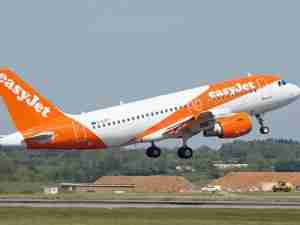United Mechanics Reject Contract as Deadlock Continues (1)
By: | Feb 16 2016 at 04:10 PM | Air Cargo
United Continental Holdings Inc.’s mechanics rejected a new collective bargaining agreement, continuing a standoff that has dragged on for more than three years. About 93 percent of those voting opposed the company’s proposal, according to a statement by the International Brotherhood of Teamsters on Tuesday. The pact would have given United’s 8,600 mechanics and related employees a 25 percent pay raise on the date of signing, an average bonus check of $9,000 and certain other benefits, including furlough protection for some members. The union criticized a company plan to create a lower wage scale for new mechanics. “The idea of implementing B-Scale wages for incoming mechanics is unacceptable,” David Bourne, director of the Teamsters Airline Division, said in the statement. “There is no need to place the financial burden for this agreement on the backs of future mechanics.” The company’s plan also offered lower profit-sharing payments, according to a memo on the Teamsters website. While the union said it would ask the National Mediation Board for permission to strike, the likelihood of a walkout is “extremely, extremely low,” said Jerry Glass, a labor-relations consultant with F&H Solutions Group and former US Airways executive.










